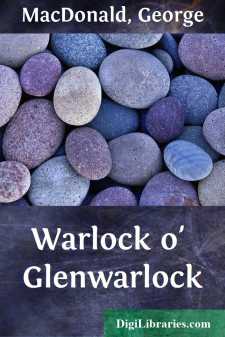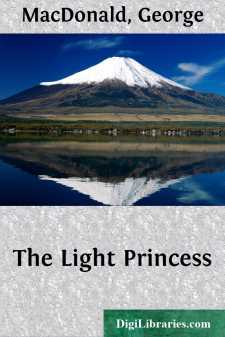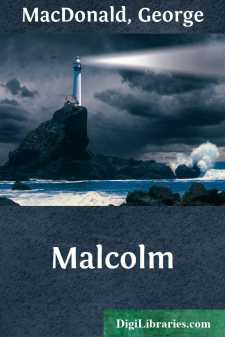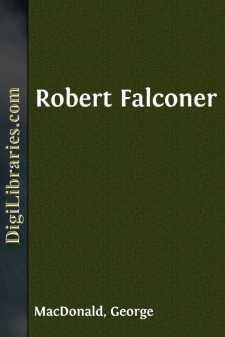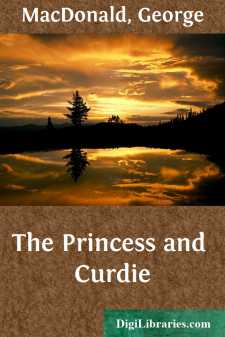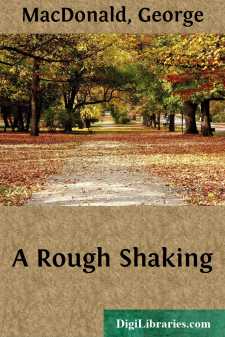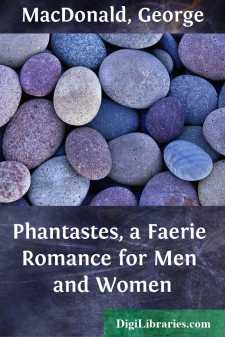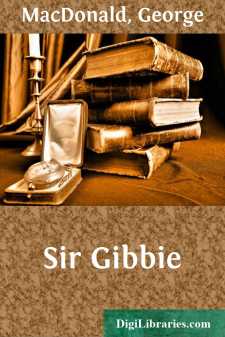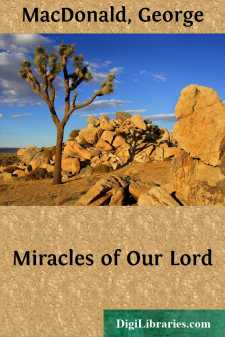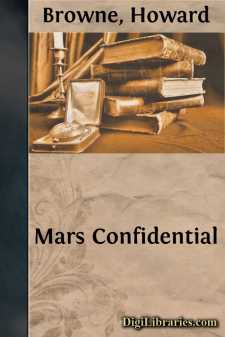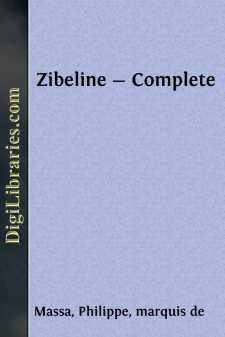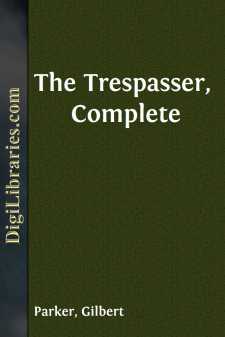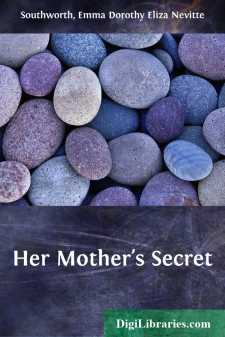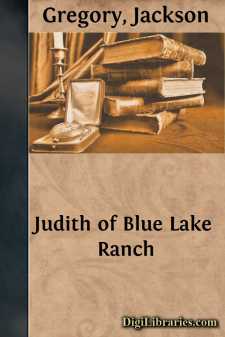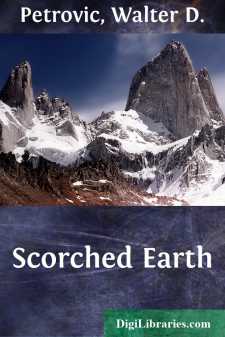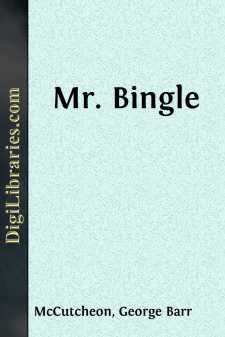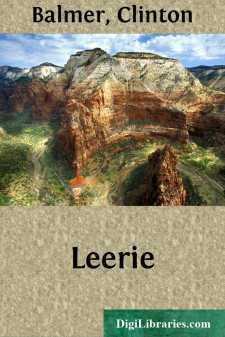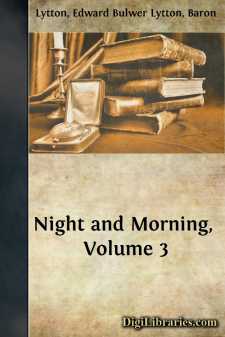Categories
- Antiques & Collectibles 13
- Architecture 36
- Art 48
- Bibles 22
- Biography & Autobiography 813
- Body, Mind & Spirit 138
- Business & Economics 28
- Children's Books 12
- Children's Fiction 9
- Computers 4
- Cooking 94
- Crafts & Hobbies 4
- Drama 346
- Education 46
- Family & Relationships 57
- Fiction 11821
- Games 19
- Gardening 17
- Health & Fitness 34
- History 1377
- House & Home 1
- Humor 147
- Juvenile Fiction 1873
- Juvenile Nonfiction 202
- Language Arts & Disciplines 88
- Law 16
- Literary Collections 686
- Literary Criticism 179
- Mathematics 13
- Medical 41
- Music 40
- Nature 179
- Non-Classifiable 1768
- Performing Arts 7
- Periodicals 1453
- Philosophy 64
- Photography 2
- Poetry 896
- Political Science 203
- Psychology 42
- Reference 154
- Religion 505
- Science 126
- Self-Help 81
- Social Science 81
- Sports & Recreation 34
- Study Aids 3
- Technology & Engineering 59
- Transportation 23
- Travel 463
- True Crime 29
Warlock o' Glenwarlock
by: George MacDonald
Description:
Excerpt
CHAPTER I.
CASTLE WARLOCK.
A rough, wild glen it was, to which, far back in times unknown to its annals, the family had given its name, taking in return no small portion of its history, and a good deal of the character of its individuals. It lay in the debatable land between highlands and lowlands; most of its inhabitants spoke both Scotch and Gaelic; and there was often to be found in them a notable mingling of the chief characteristics of the widely differing Celt and Teuton. The country produced more barley than wheat, more oats than barley, more heather than oats, more boulders than trees, and more snow than anything. It was a solitary, thinly peopled region, mostly of bare hills, and partially cultivated glens, each with its small stream, on the banks of which grew here and there a silver birch, a mountain ash, or an alder tree, but with nothing capable of giving much shade or shelter, save cliffy banks and big stones. From many a spot you might look in all directions and not see a sign of human or any other habitation. Even then however, you might, to be sure, most likely smell the perfume—to some nostrils it is nothing less than perfume—of a peat fire, although you might be long in finding out whence it came; for the houses, if indeed the dwellings could be called houses, were often so hard to be distinguished from the ground on which they were built, that except the smoke of fresh peats were coming pretty freely from the wide-mouthed chimney, it required an experienced eye to discover the human nest. The valleys that opened northward produced little; there the snow might some years be seen lying on patches of oats yet green, destined now only for fodder; but where the valley ran east and west, and any tolerable ground looked to the south, there things put on a different aspect. There the graceful oats would wave and rustle in the ripening wind, and in the small gardens would lurk a few cherished strawberries, while potatoes and peas would be tolerably plentiful in their season.
Upon a natural terrace in such a slope to the south, stood Castle Warlock. But it turned no smiling face to the region whence came the warmth and the growth. A more grim, repellant, unlovely building would be hard to find; and yet, from its extreme simplicity, its utter indifference to its own looks, its repose, its weight, and its gray historical consciousness, no one who loved houses would have thought of calling it ugly. It was like the hard-featured face of a Scotch matron, suggesting no end of story, of life, of character: she holds a defensive if not defiant face to the world, but within she is warm, tending carefully the fires of life. Summer and winter the chimneys of that desolate-looking house smoked; for though the country was inclement, and the people that lived in it were poor, the great, sullen, almost unhappy-looking hills held clasped to their bare cold bosoms, exposed to all the bitterness of freezing winds and summer hail, the warmth of household centuries: their peat-bogs were the store-closets and wine-cellars of the sun, for the hoarded elixir of physical life....


